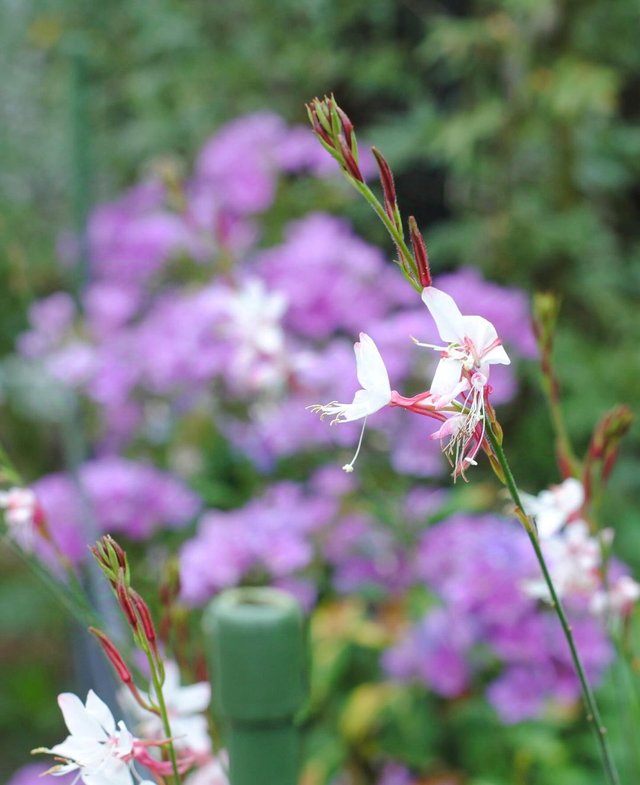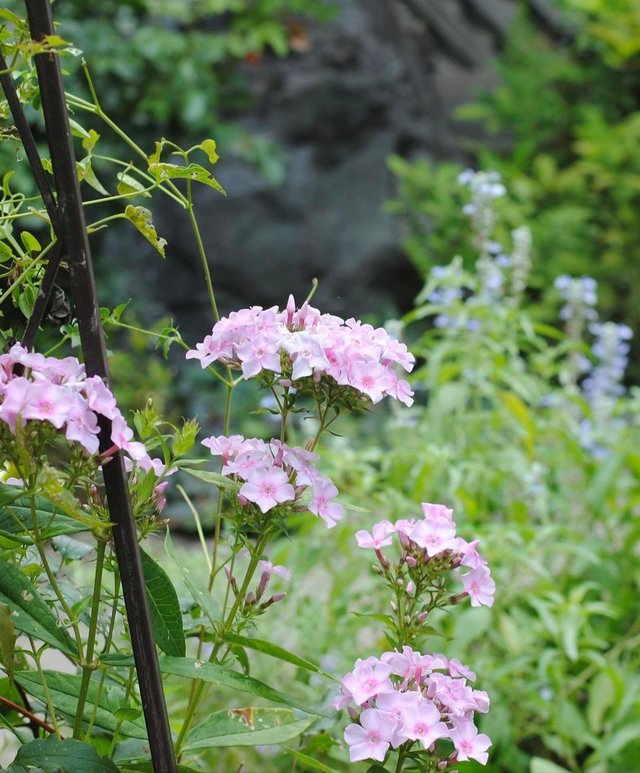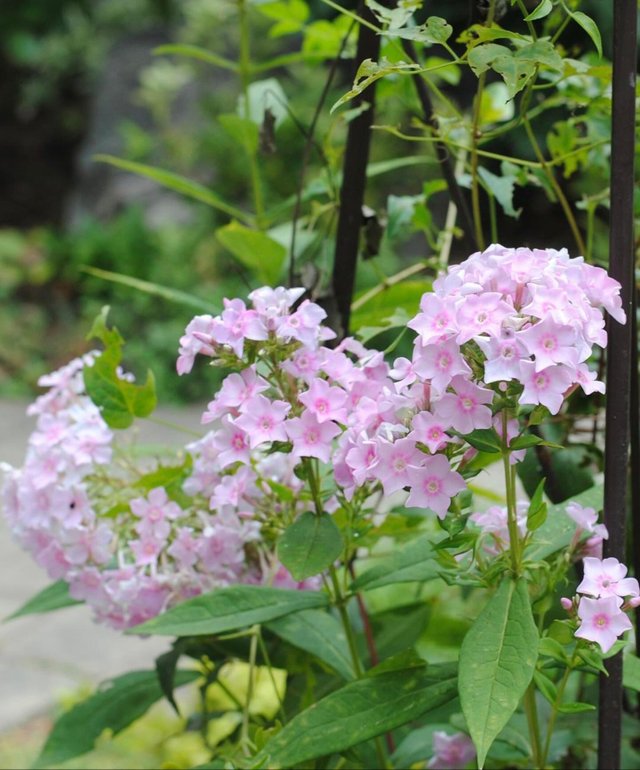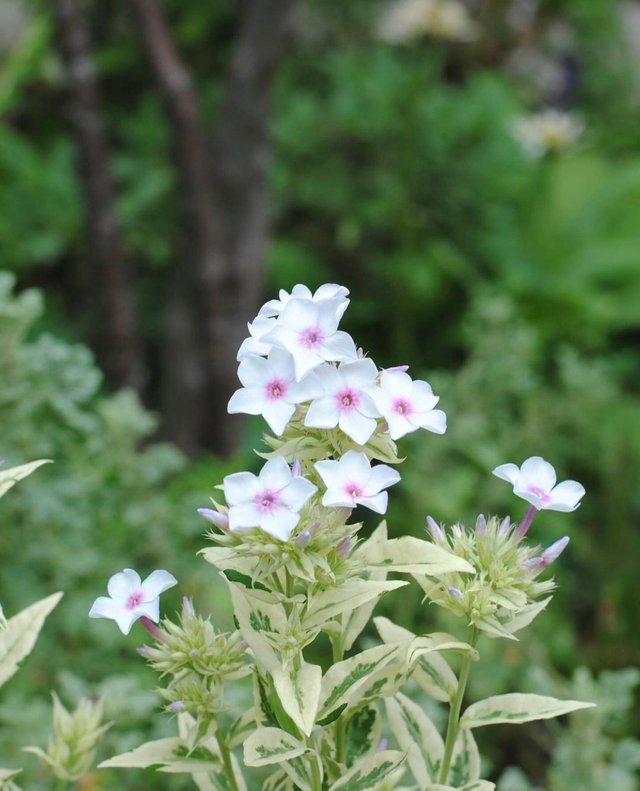Garden Phlox Flower




Garden phlox a beloved perennial in many gardens due to its vibrant colors, long bloom time, and fragrant flowers. Native to North America, this species of phlox has become a popular choice for gardeners across the world because of its ease of care and ability to attract pollinators like butterflies, hummingbirds, and bees.
Garden phlox is known for its tall, upright growth habit, often reaching heights of 2 to 4 feet. The plant features clumps of lance-shaped, deep green leaves along its stems. The real showstopper, however, is the large, conical clusters of flowers that bloom from mid-summer through early fall. These fragrant blooms come in a variety of colors, including shades of pink, purple, white, red, and even bi-colored varieties. Some cultivars are known for their mildew resistance, an essential feature for gardeners in humid climates.
Garden phlox is relatively easy to grow, thriving in conditions that are common in many gardens. It can be planted in garden beds, borders, or even as part of a wildflower meadow.Garden phlox prefers full sun to partial shade. In areas with hot summers, providing a bit of afternoon shade can help protect the plant from heat stress.The ideal soil for garden phlox is well-draining, rich in organic matter, and slightly acidic to neutral (pH 6.0-7.0). Gardeners should avoid planting in heavy, waterlogged soils as this can lead to root rot and other issues. Adding compost or organic matter at the time of planting can significantly improve soil quality.
Consistent moisture is key to keeping garden phlox healthy and thriving. It's essential to water deeply, especially during dry spells, to prevent the plant from wilting. However, it's equally important to avoid overhead watering, as this can promote the development of powdery mildew on the leaves.A balanced fertilizer, applied in spring as new growth emerges, can give garden phlox a boost. Avoid over-fertilizing, which can result in lush foliage at the expense of flowers.
